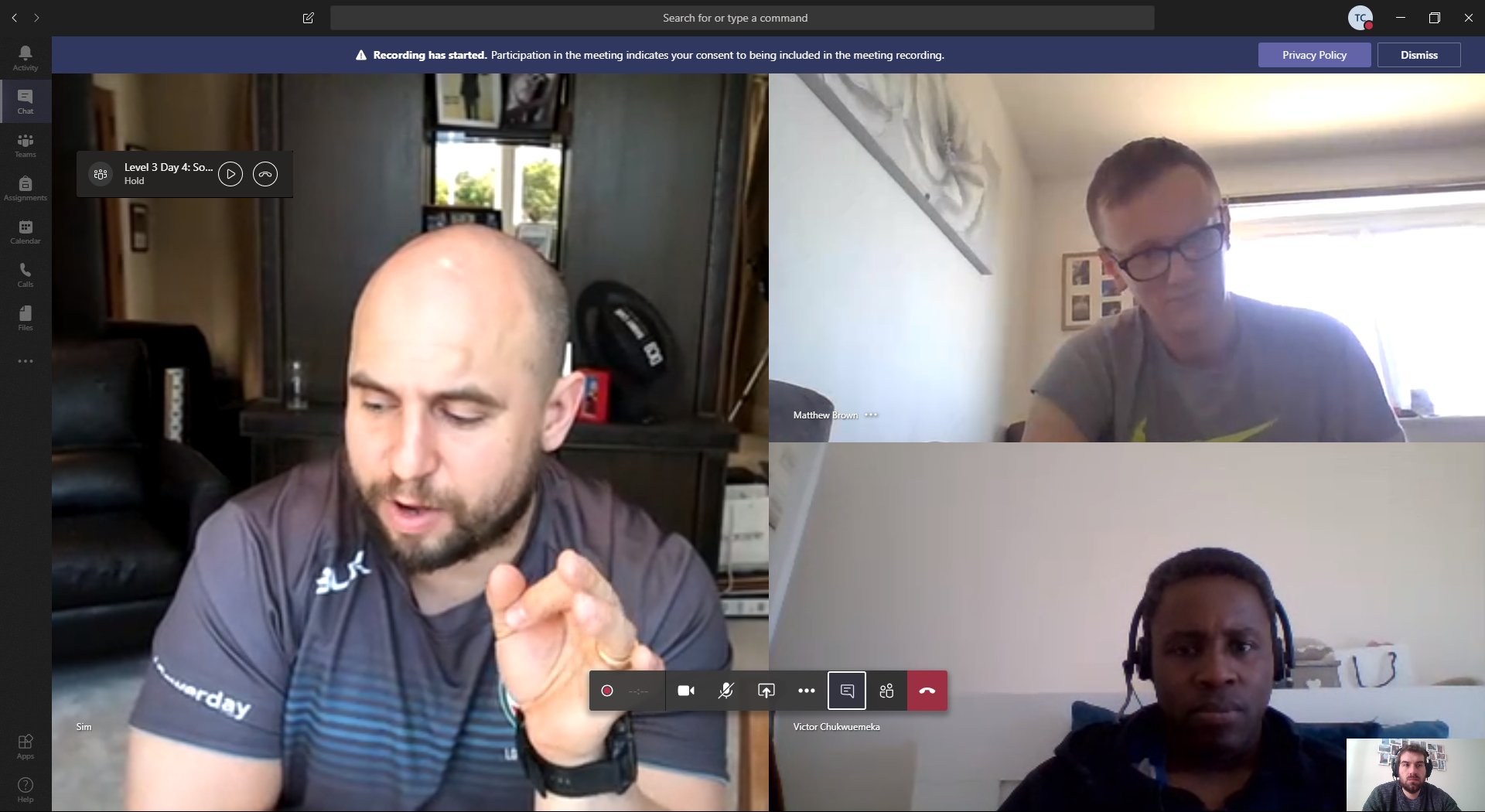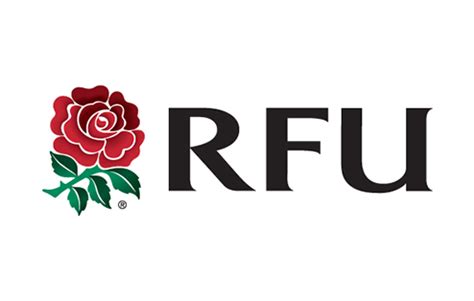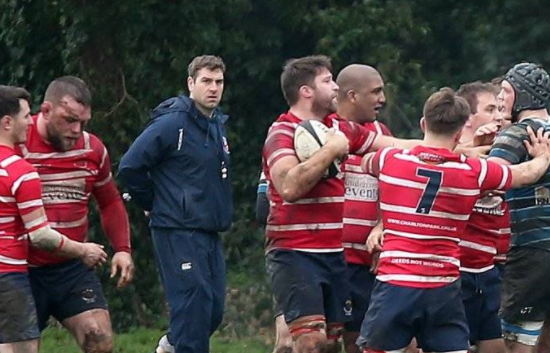RFU Level 3
Last year I achieved the RFU level 3 coaching award. I was extremely impressed by the course. In this post I will share some of my key takeaways from the experience.
Structure
The course was structured over the course of a season (July - May), and included four classroom days and five observation sessions conducted by a dedicated coach mentor. The classroom sessions were arranged so that most of the sessions were with the same group of six coaches (quickly becoming “The boot room” a valuable WhatsApp channel for sharing).
I found the coaches delivering the course to be knowledgeable about coaching in a variety of environments, they also sought to draw answers from the participants encouraging thinking about problems from a variety of different perspectives.
Having the course run over a season allowed the ideas to sink in and provided multiple opportunities to apply the theory. This was well supported by my coach mentor who attended several of my training sessions and provided an opportunity to critically assess my coaching delivery in the context of my club. This one-on-one contact was a real highlight of the course, providing valuable insight and feedback from an independent source. My mentor encouraged the use of the theory in a way that was authentic to my own style and values as a coach.
Key Takeaways
Collaborate with other coaches
Working closely with other coaches helped me see them as a a critical resource (see post Fraternising with the ‘Opposition’). Sharing ideas with other coaches, particularly ones at other clubs, can be a great way to sound them out and refine them.

Be deliberate
Knowing what you are trying to do with a particular drill, player interaction or coaching intervention is a critical tool in developing as a coach. Inevitably things never pan out as we expect them to. Being deliberate allows for an exploration of intention vs. outcome. It is this reflection that helps us to challenge ourselves as coaches.
A secondary benefit of being deliberate is that it helps to communicate your plans to other players and coaches, and being able to explain why. This can help everyone to get on-board with the messages.
Reflect
The ability to reflect on events and extract learning is a vital skill for a coach. Keeping notes on reflections and reviewing regularly has been a great way for me to think through how effective my coaching interventions are and how they can be improved. The course offered multiple opportunities to practice reflective skills and helped me to develop a more discerning coaches eye.
A more discerning coaches eye!
Keep it simple
Messages and drills don’t have to be elaborate to be effective. Simple ideas are easier to communicate with other coaches and players and can be evolved over time.
Adaptation
A clear understanding of the outcomes you want from a session allows adaptation to situations that inevitably emerge. Does this work for our objective? Does this take us off course? Seeing things unfold, thinking critically in the moment, and working with co-coaches to adapt plans keeps sessions engaging for coaches and players.
Seek feedback
There are lots of types of feedback out there. Becoming aware of the feedback that you are provided with and absorbing it with a sense of objective detachment is an important way to continually evolve your coaching.
During the course I found the contact sessions with my mentor a hugely valuable source of feedback. Going forward I will be seeking new ways to get a critical assessment of my coaching at regular intervals.
Challenge yourself
Treat yourself as you would treat a player. Expect certain standards of preparation and performance. Set goals and development areas, and be deliberate about the ways you will seek to work on them.
During the course I was asked to do several things that were outside of my comfort zone; filming sessions and watching them back, delivering drills in certain ways. Whilst sometimes uncomfortable these challenges pushed me and in turn led to insights that I believe have improved my coaching.
See the big picture
Being a coach involves working within a club environment#. Being sensitive to this and understanding who the key stakeholders are ‘managing’ your relationships with the is an essential part of delivering valuable and effective sessions for players.
Summary
I enjoyed the level 3 coaching experience immensely and would consider the more advanced level 4 course in the future. If you would like to discuss the course feel free to get in touch.






